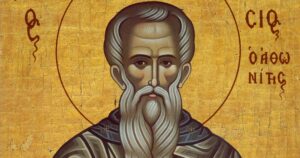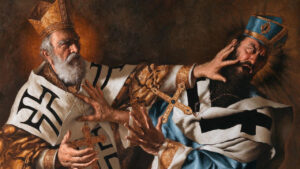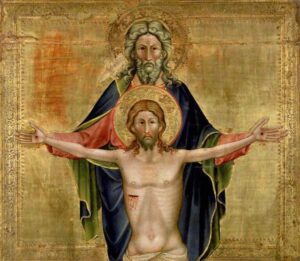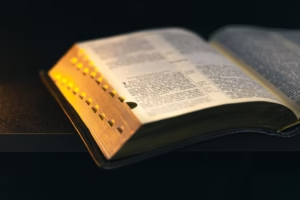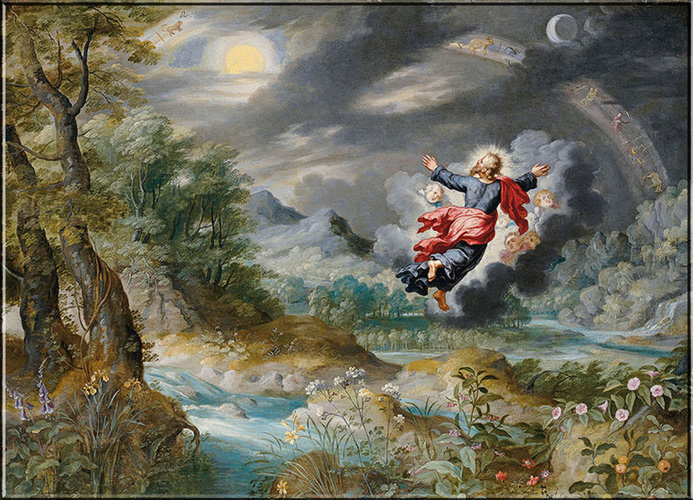Question:
Father: What is destiny? Is it true that all we have is already fixed and that God knows in advance everything that is going to happen to us? Does this mean we cannot change our destiny?
Response:
Belief in “destiny” consists in affirming that the human future is determined, decided, or fixed from all eternity. In the world of Homer, the existence of a power that acted on men and gods, personified in Moira, was affirmed. Today the term “destiny” is used in two different senses: some refer to it in a broad, metaphorical sense, as a synonym for the mysterious aspect of human events; it is an ordinary way of affirming that the ultimate explanation of earthly events escapes us. But many others use it in its proper sense, similar to that given by ancient mythologies, denying human freedom and divine Providence. The notion of destiny or fatality also plays an important role in popular superstitions such as fairy tales, magic, divination, astrology, and even in everyday life.
Christianity teaches that the affirmation of a preordained destiny for each of our actions is tantamount to the denial of human freedom. It also teaches that there is no contradiction between God’s knowledge of all human actions and the freedom of the human creature.
The Epistle to the Hebrews says, in fact: And before him no creature is hidden, but all are naked and laid bare to the eyes of the one to whom we must render an account (Heb 4:13); and the First Vatican Council, quoting this text, adds: “even those which by the free action of creatures are in the future”.
Sacred Scripture bears clear witness to this truth:
- You discern my thoughts from far away…. and are acquainted with all my ways. (Ps 139:3)
- O eternal God, you know what is secret and are aware of all things before they come to be. (Dan 13:42)
- For Jesus knew from the first who were the ones that did not believe, and who was the one that would betray him. (Jn 6:64)
At the same time, however, the dogma of the infallible certainty with which God foresees future free actions does not undermine the dogma of human freedom. The Holy Fathers already affirmed that divine foreknowledge does not in any way constrain future actions, just as human memories do not constrain past free actions. St. Augustine said: “Just as you do not force past things to have happened by your memory, so too God does not force future things to happen by His foreknowledge”.
Theology distinguishes between “antecedent necessity,” which precedes action and suppresses freedom, and “consequent necessity,” which follows action and therefore does not harm freedom. The future free actions foreseen by God take place infallibly (i.e. necessarily); not by antecedent necessity, but by consequent necessity. St. Thomas writes in the same sense: if God, with his knowledge that is not subject to time, sees something as present, then it will unfailingly happen in reality, but it is an error to think that God predetermines it with his foreknowledge.
Fr. Miguel A. Fuentes, IVE
Bibliography:
Michel Dubuisson, Destino, in: Diccionario de las Religiones, edited by Paul Poupard, Herder, Barcelona 1987, p. 443-445.
Original Post: Here
Other post: Is blasphemy always a sin?






